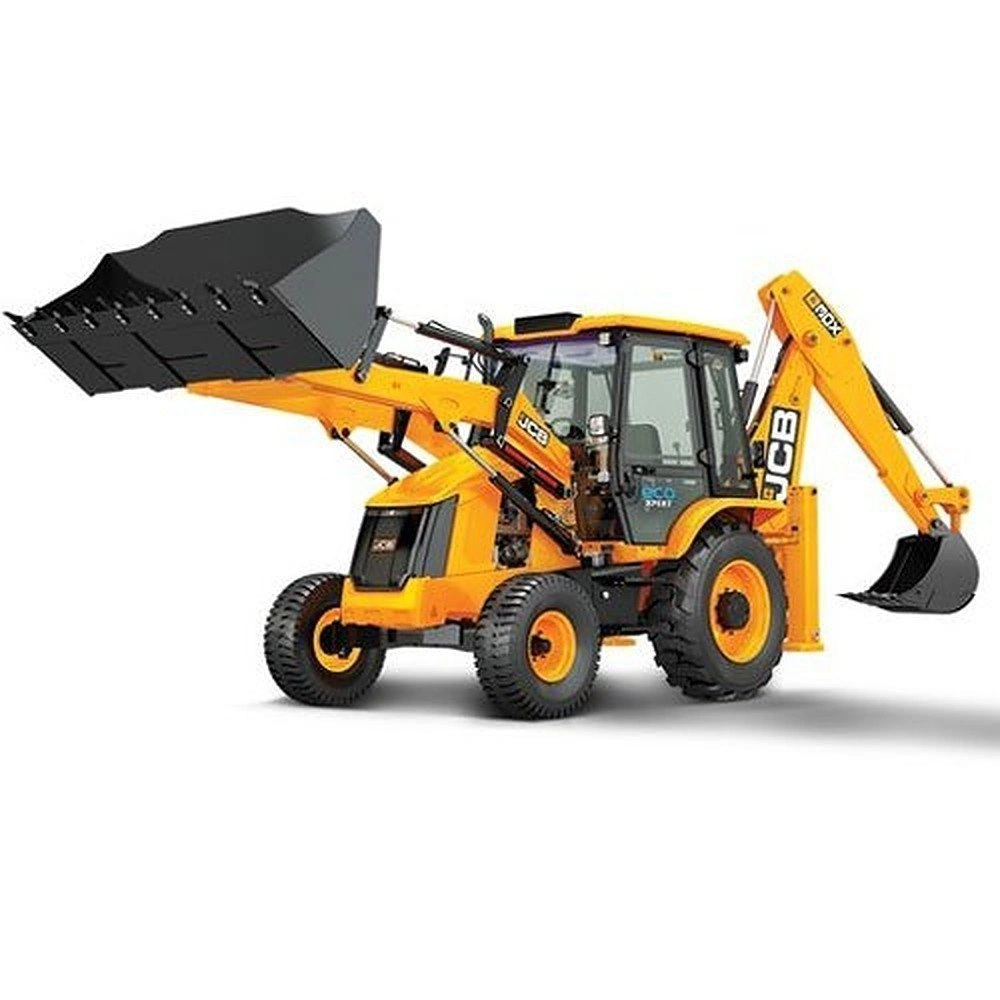Loaders are essential machines in construction, agriculture, and various industrial applications. Their efficiency directly impacts productivity and operational costs. To ensure that your loader operates at peak performance, regular maintenance and adherence to best practices are crucial. Here’s how you can maximize loader efficiency through effective maintenance and operational strategies.
1. Regular Engine Maintenance
The engine is the heart of your loader, and keeping it in optimal condition is vital for efficiency. Follow the manufacturer’s recommendations for oil changes, typically every 250-500 hours of operation, depending on the loader model and usage conditions. Regularly check and top off fluids such as coolant, hydraulic fluid, and transmission oil. Replace air and fuel filters as needed to ensure the engine breathes clean air and receives adequate fuel supply.
2. Inspect and Maintain Hydraulic Systems
Hydraulic systems are crucial for a loader’s lifting and digging capabilities. Regularly inspect hydraulic hoses for leaks, cracks, or wear, and replace them promptly to avoid hydraulic failures. Check hydraulic fluid levels and ensure they are within the recommended range. Clean or replace hydraulic filters as per the service intervals to maintain system efficiency and prevent contamination.
3. Monitor Tire Condition and Pressure
Tires are a significant component affecting a loader’s efficiency and performance. Regularly inspect tires for signs of wear, damage, or foreign objects lodged in the tread. Maintain proper tire pressure as recommended by the manufacturer. Properly inflated tires improve fuel efficiency, reduce tire wear, and enhance traction, contributing to overall operational efficiency.
4. Keep the Cooling System in Check
Loaders operate in demanding environments, generating substantial heat. Ensure the cooling system, including the radiator and cooling fins, is free from debris and obstructions. Regularly check coolant levels and top them off with the appropriate mixture. A well-maintained cooling system prevents overheating, which can lead to engine damage and reduced efficiency.
5. Lubricate Moving Parts
Lubrication reduces friction and wear on moving parts, enhancing performance and extending the lifespan of your loader. Follow the lubrication schedule outlined in the operator’s manual, and use the recommended lubricants for different components such as joints, pins, and bearings. Regularly inspect and grease parts that experience significant movement to ensure smooth operation.
6. Check and Maintain Bucket and Attachments
The bucket and attachments are integral to a loader’s functionality. Inspect these components regularly for signs of wear or damage. Ensure that cutting edges and teeth are sharp and in good condition, as dull edges can reduce efficiency and increase fuel consumption. Tighten any loose bolts or fasteners and replace worn-out parts to maintain effective performance.
7. Inspect Electrical Systems
Electrical systems control many functions of modern loaders, including lights, alarms, and operational controls. Regularly inspect wiring for signs of wear or damage and ensure that all connections are secure. Test lights, indicators, and other electrical components to ensure they are functioning correctly. Address any electrical issues promptly to avoid operational disruptions.
8. Keep the Loader Clean
A clean loader is a more efficient loader. Regularly remove dirt, mud, and debris from the loader’s exterior and undercarriage. Accumulated grime can affect performance, cause overheating, and hide potential problems. Clean the machine after each use, especially if it has been working in harsh or dirty conditions.
9. Train Operators
Efficient operation is as important as mechanical maintenance. Ensure that operators are well-trained and understand the proper use of the loader and its attachments. Proper operating techniques can prevent excessive wear and tear, reduce fuel consumption, and improve overall efficiency. Regularly review operating practices and provide additional training if necessary.
10. Keep Detailed Maintenance Records
Maintaining detailed records of all maintenance activities helps track the health of your loader and ensures that all scheduled services are completed on time. Record keeping also helps identify recurring issues and can be invaluable for troubleshooting and optimizing maintenance schedules.
Maximizing loader efficiency requires a combination of regular maintenance and best operational practices. By focusing on engine upkeep, hydraulic system care, tire maintenance, and proper lubrication, you ensure that your loader operates smoothly and efficiently. Regular inspections of the cooling system, bucket, and electrical components, combined with operator training and detailed record-keeping, further enhance performance and longevity. Implementing these maintenance tips and best practices helps keep your loader in top shape, ultimately contributing to improved productivity and reduced operational costs.





